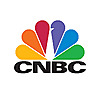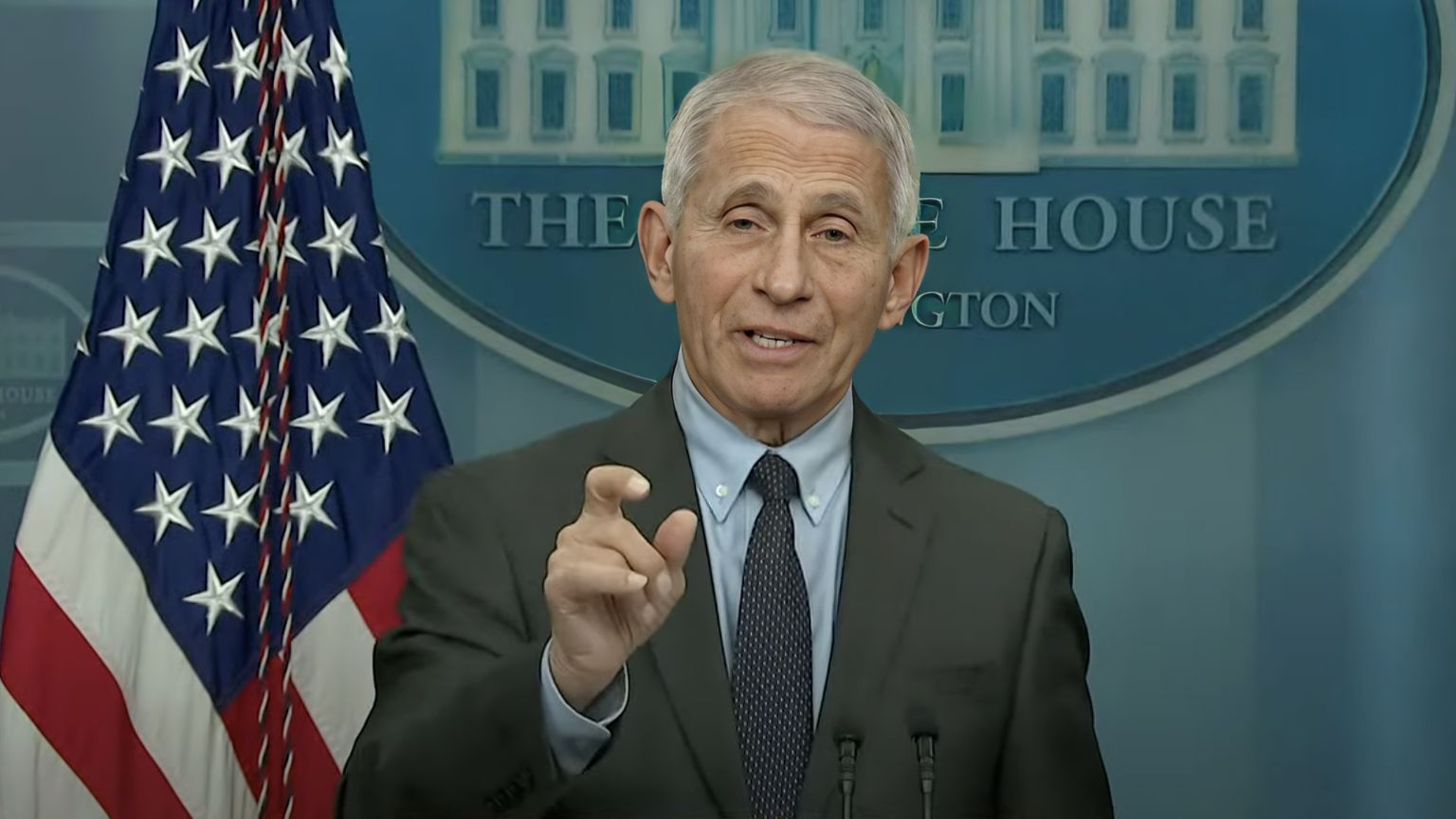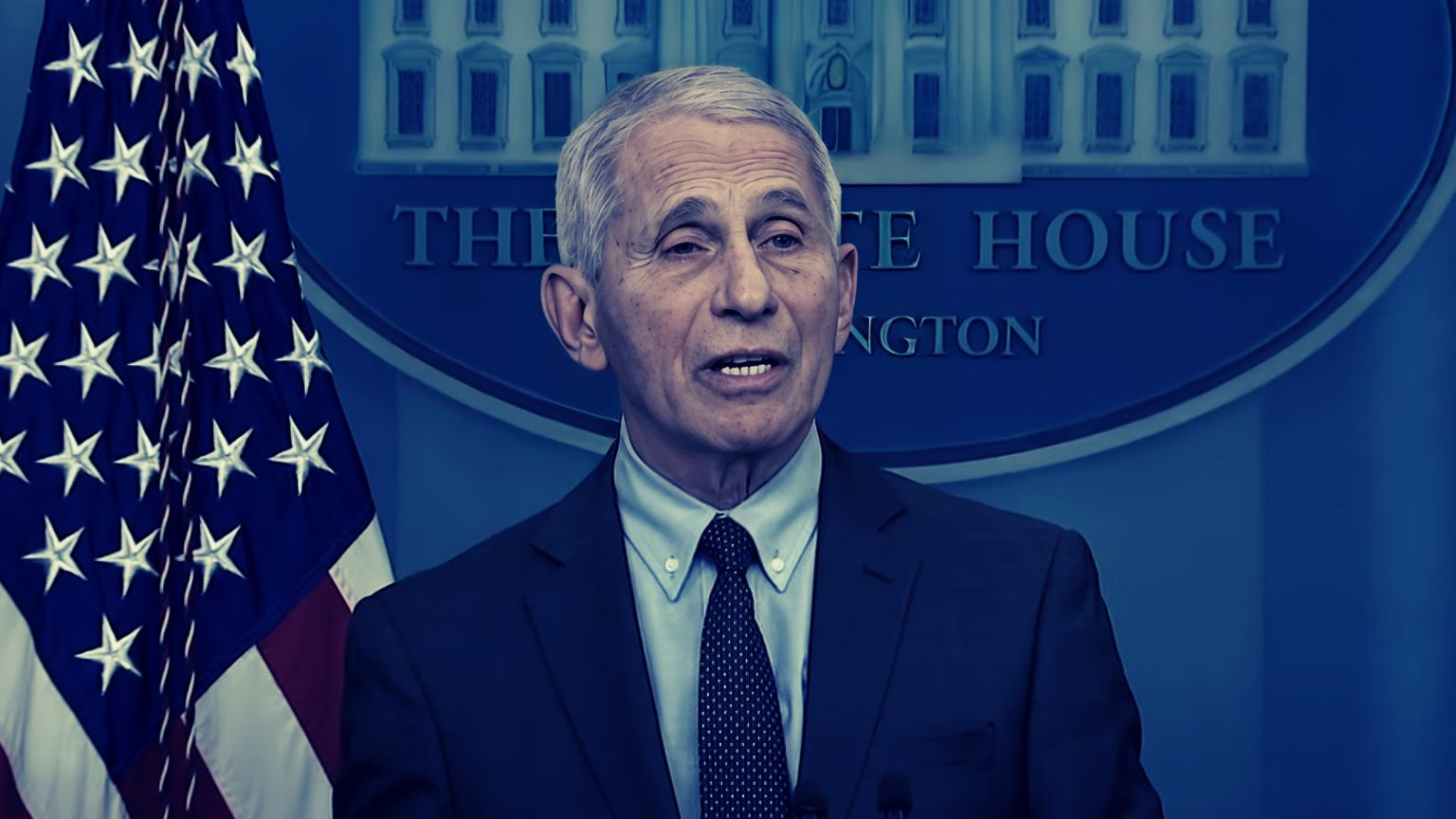British Union flag, also known as a Union Jack, and an American flag at ETX Capital, a broker of contracts-for-difference. The pound has fallen more than 8% against the dollar, and is attracting short bets from traders as the British economy faces soaring inflation and a cost-of-living crisis.
Chris Ratcliffe | Bloomberg | Getty Images
LONDON — Traders are increasingly taking short positions against the British pound as the U.K.'s cost of living crisis begins to bite.
Inflation came in at an annual 9% in April, a 40-year high, as food and energy prices continued to spiral after the U.K. energy regulator increased the household energy price cap by 54% at the start of the month.
Bank of England Governor Andrew Bailey has warned of an "apocalyptic" outlook for consumers as a recent survey also showed that a quarter of Britons have resorted to skipping meals.
Sterling has fallen almost 8% against the dollar year-to-date and hovered just below $1.25 as of Friday morning, slightly above a recent two-year low.
The Bank of England faces the unenviable task of raising interest rates in a bid to anchor inflation expectations while avoiding tipping the economy into recession, a balance that appears to be growing ever more difficult to strike. The Bank expects GDP to slump in the final three months of this year and sees a "very sharp slowdown" ahead but not a technical recession — two straight quarters of contraction.
Sam Zief, head of global FX strategy at JPMorgan Private Bank, told CNBC on Wednesday that although sterling is "awfully cheap" at the moment, investors looking to lock in recent gains on the dollar would be better off looking at euros than pounds.
"The ECB is just coming out of negative rate territory and we think there are non-linearities to doing that, where the BOE is already in positive rate territory — we don't think they can really hike all that much further," Zief said.
"So even though we do think sterling recovers a bit against the dollar come the end of this year, we have really been trading sterling short on the crosses, so long commodity-sensitive currencies, growth-sensitive currencies or even the euro against sterling. It's really not one of our favorite currencies in the G10."
According to the most recent Commodity Futures Trading Commission data on May 10, asset managers and institutional investors held more than 128,000 short positions against the pound, against just 32,000 long positions.
Short-selling is an investment tactic where a speculator borrows a financial instrument or asset, such as a stock, and sells it in the hope of buying it back later at a lower price, thereby making a profit.
Short sterling against Swiss franc
In a research note Tuesday, Goldman Sachs currency strategists said sterling underperformance is the Wall Street giant's strongest G-10 foreign exchange conviction at the moment.
"While the U.K. faces a similar trade-off as other major central banks between slowing growth and well-above-target inflation, the BoE has chosen to place a relatively bigger weight on the growth outlook while still relying on supply-side factors to bring inflation down to target," Goldman Sachs Co-Head of Foreign Exchange Strategy Zach Pandl said.
"While the merits of this approach are subject to debate, what matters for markets is that it is de facto a weak currency policy. In light of the BoE's differing policy trajectory, we are again revising down our forecast for GBP/USD to 1.19, 1.22 and 1.25 in 3, 6 and 12 months (from 1.22, 1.26 and 1.31 previously)."
Goldman has already recommended investors go long on the euro against the pound, with a target of £0.87, and this week also launched a short position on the pound against the Swiss franc, with a target of 1.18 and a stop at 1.24.
Strategists anticipate that the Swiss National Bank will take a harder line against inflation exceeding its target and take steps to prevent real currency depreciation.
The European Central Bank has struck a more hawkish tone in recent weeks and is now tipped by the market to begin hiking interest rates in July, in between SNB meetings in June and September.
"A preemptive hike in June, an intermeeting hike, or balance sheet action cannot be ruled out. Given the variety of potential policy tools, we think this trade is better in FX than rates which should be a more direct approach to the policy goal," Pandl said.
"Our main motivation for this trade is to isolate the policy differential, but it is also negatively correlated with risk sentiment. We think that is appropriate, but it is also the key risk to the trade, in our view."










 English (US) ·
English (US) ·